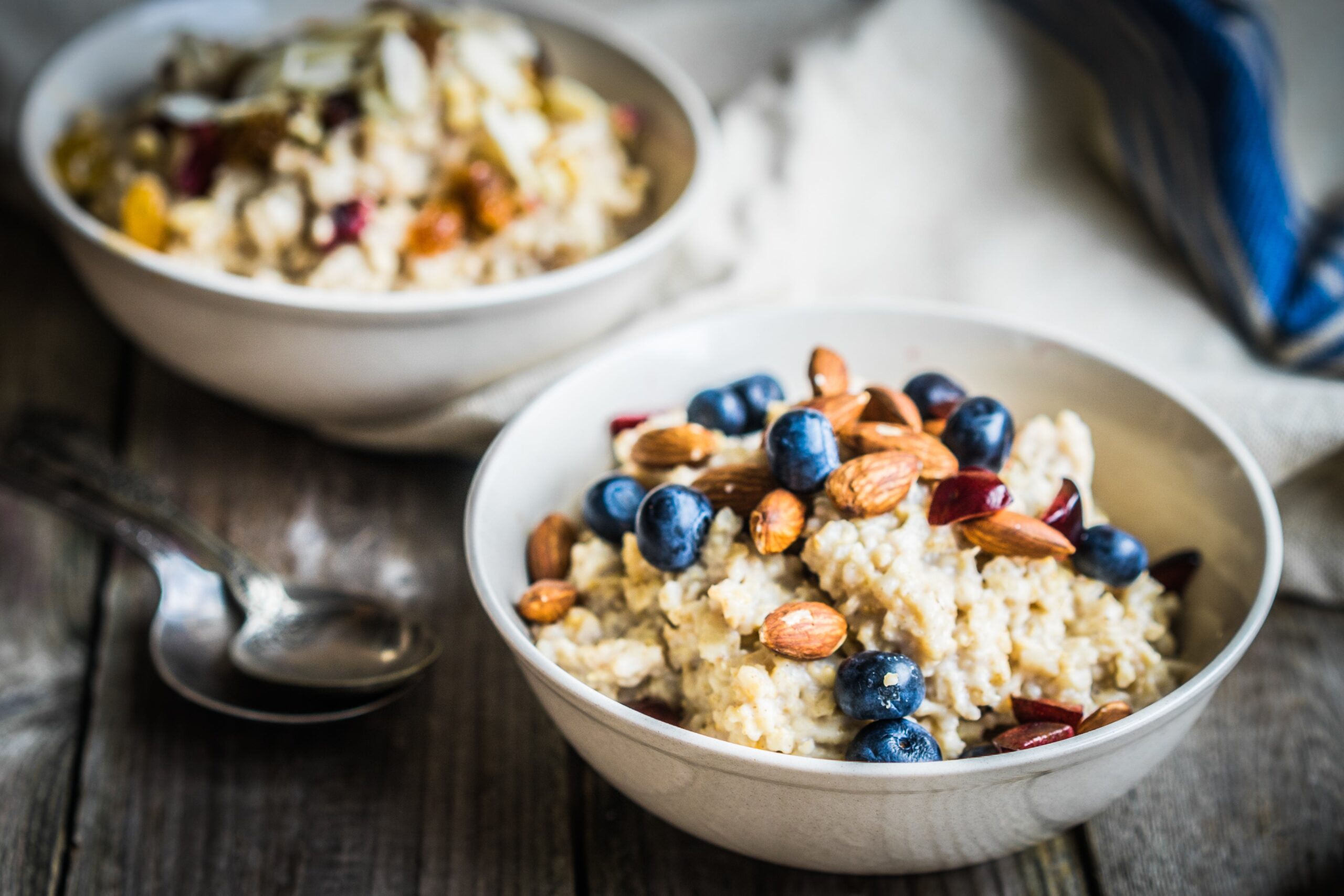If you’re thinking about making a big change to your diet, whether to lose weight, get more healthy, or do your bit for the environment, it’s a good idea to speak to your GP first.
Cutting out whole food groups might mean that you don’t get enough vital nutrients, including zinc. Read on to find out more.
Why do we need zinc?
Zinc helps make new cells and enzymes, and helps our bodies process the nutrients in our food. It supports our immune system and helps us fight infection and heal wounds. Zinc also maintains bones, skin and hair, normal vision of cognitive function.
You can learn more by reading about the benefits of zinc.
How much zinc do I need per day?
The NHS recommends that men need 9.5 milligrams (mg) of zinc each day, and women need 7 milligrams (mg).
The good news is that most of us should be able to get this through our diet. Zinc is found in lots of different foods, including red meat, seafood, dairy products, and pulses and grains.
People who struggle to get enough zinc through their diet might benefit from taking supplements. The NHS recommends taking no more than 25 milligrams (mg) of zinc supplements each day, unless you’re told differently by a doctor.
##product-carousel:nutri-within-40mg-zinc-365-tablets,natures-bounty-maximum-strength-zinc-25-mg-tablets,nutri-within-multivitamins-and-minerals-365-tablets,lloydspharmacy-zinc-15mg-60-tablets,natures-bounty-vitamin-c-zinc-sugar-free-gummies,healthspan-immunovit-zinc-defence-lozenges-x-45,natures-bounty-calcium-magnesium-and-zinc-coated-caplets,ellactiva-boost™-defence-blackcurrant-burst-60-soft-capsules##
What causes a zinc deficiency?
Diet
You should be able to get all the nutrients you need by eating a healthy, varied, and balanced diet. But if you can’t follow this kind of diet, perhaps because there are certain food groups you can’t eat, you may develop a zinc deficiency.
Pregnancy and breastfeeding
Women who are pregnant and breastfeeding can be more at risk of low zinc, because of the nutritional demands of their baby.
Problems with the gut
Conditions like ulcerative colitis, Crohn’s disease, and coeliac disease can affect how well the gut absorbs zinc. The same goes for any condition that causes persistent diarrhoea.
Alcoholism
Drinking too much alcohol can cause problems with absorbing zinc. If you think you’re drinking more than is recommended speak to your GP.
Chronic illness
Some long-term illnesses, including chronic liver or kidney disease, can cause a zinc deficiency. There’s also a rare condition called acrodermatitis enteropathica which can cause a deficiency.
Iron supplements
Taking high doses of iron supplements can affect how well zinc is absorbed by the body.
What are the symptoms of a zinc deficiency?
In adults, there are a few different symptoms that can point to a zinc deficiency, including:
- Loss of appetite
- Weight loss
- Diarrhoea
- Feeling tired
- Getting sick more often
- Hair loss
- Skin rashes
- Problems with vision, taste, or smell
- In men, erectile dysfunction
In children and teenagers, a zinc deficiency can cause problems with normal growth and development. Going without adequate zinc for a long time may cause:
- Slow or halted growth
- Delayed onset of puberty
- Learning difficulties
The symptoms associated with a zinc deficiency can be caused by other conditions, so it’s important that your doctor takes some time to work out the cause. This may involve having a blood test to check the amount of zinc in your blood.
Who is most at risk of a zinc deficiency?
You might be at risk of a zinc deficiency if you’ve recently made a big change to your diet. This is particularly the case for people who have switched to a vegetarian or vegan diet, as animal products like meat and dairy are a big source of zinc.
There’s also a greater risk of a deficiency for people who:
- Have a condition affecting the gut like Crohn’s disease
- Have another illness affecting zinc levels like chronic liver disease
- Are pregnant or breastfeeding
- Have an alcohol problem
How can I avoid a zinc deficiency?
If you have a condition that can cause a zinc deficiency, the best thing to do is speak to your doctor.
Otherwise, try to make sure that you’re eating a diet as healthy, varied, and balanced as possible. This means having lots of varied fruit and veg, eating healthy protein, and making sure you get plenty of high-fibre, starchy carbohydrates – the NHS has lots of guidance about this.
If you’ve switched to a vegetarian or vegan diet, it’s important to make sure that you’re getting all the nutrients you need. There are plenty of resources to help with this, including our vegan supplements guide, Vegetarian Eatwell Guide and the Vegan Eatwell Guide.
If you don’t think you’re getting enough zinc in your diet alone, you can take zinc supplements – just make sure you don’t have more than 25mg each day, as an excess of zinc can cause anaemia and problems with the bones.
References
www.nhs.uk/conditions/vitamins-and-minerals/others
https://patient.info/healthy-living/zinc-deficiency-excess-and-supplementation-leaflet
https://ods.od.nih.gov/factsheets/Zinc-HealthProfessional
Source link

Leave a Reply